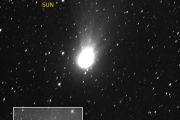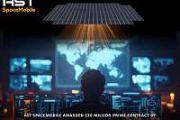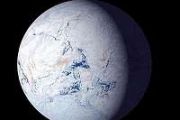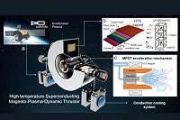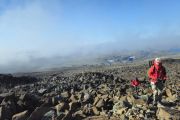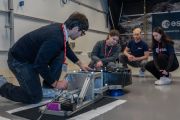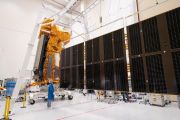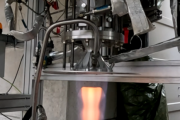
Copernical Team
One year on this giant, blistering hot planet is just 16 hours long
 The hunt for planets beyond our solar system has turned up more than 4,000 far-flung worlds, orbiting stars thousands of light years from Earth. These extrasolar planets are a veritable menagerie, from rocky super-Earths and miniature Neptunes to colossal gas giants.
Among the more confounding planets discovered to date are "hot Jupiters" - massive balls of gas that are about the size of o
The hunt for planets beyond our solar system has turned up more than 4,000 far-flung worlds, orbiting stars thousands of light years from Earth. These extrasolar planets are a veritable menagerie, from rocky super-Earths and miniature Neptunes to colossal gas giants.
Among the more confounding planets discovered to date are "hot Jupiters" - massive balls of gas that are about the size of o Hubble Finds Flame Nebula's Searing Stars May Halt Planet Formation
 The Flame Nebula or NGC 2024 is a large star-forming region in the constellation Orion that lies about 1,400 light-years from Earth. Hubble studied this nebula to look for protoplanetary disks, or "proplyds" - disks of gas and dust around stars that may one day form new solar systems.
Hubble found four confirmed proplyds and four possible proplyds in the nebula, but the proplyds are being
The Flame Nebula or NGC 2024 is a large star-forming region in the constellation Orion that lies about 1,400 light-years from Earth. Hubble studied this nebula to look for protoplanetary disks, or "proplyds" - disks of gas and dust around stars that may one day form new solar systems.
Hubble found four confirmed proplyds and four possible proplyds in the nebula, but the proplyds are being Curiosity sends a picture postcard from Mars
 NASA's Curiosity rover captured a remarkable image from its most recent perch on the side of Mars' Mount Sharp. The mission team was so inspired by the beauty of the landscape, they combined two versions of the black-and-white images from different times of the day and added colors to create a rare postcard from the Red Planet.
Curiosity captures a 360-degree view of its surroundings with
NASA's Curiosity rover captured a remarkable image from its most recent perch on the side of Mars' Mount Sharp. The mission team was so inspired by the beauty of the landscape, they combined two versions of the black-and-white images from different times of the day and added colors to create a rare postcard from the Red Planet.
Curiosity captures a 360-degree view of its surroundings with ESA accelerates 5G digital transformation
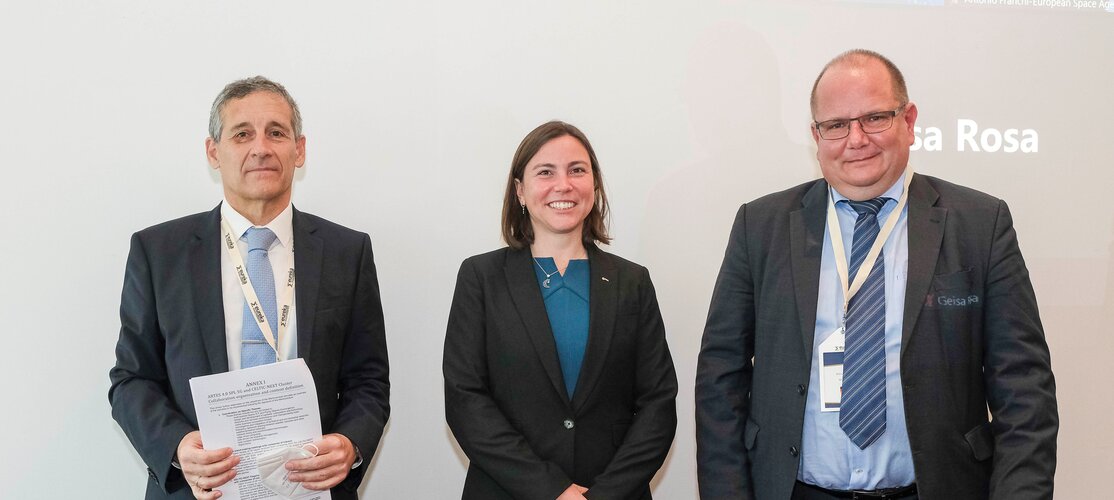
Space-enabled 5G technologies – which will transform connectivity and reinforce the internet of things – have come a step closer, thanks to the formation of a new partnership.
After the crash comes Hera
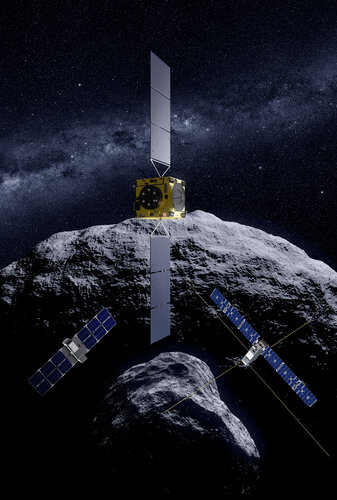 Image:
After the crash comes Hera
Image:
After the crash comes Hera Analysis of Mars's wind-induced vibrations sheds light on the planet's subsurface properties
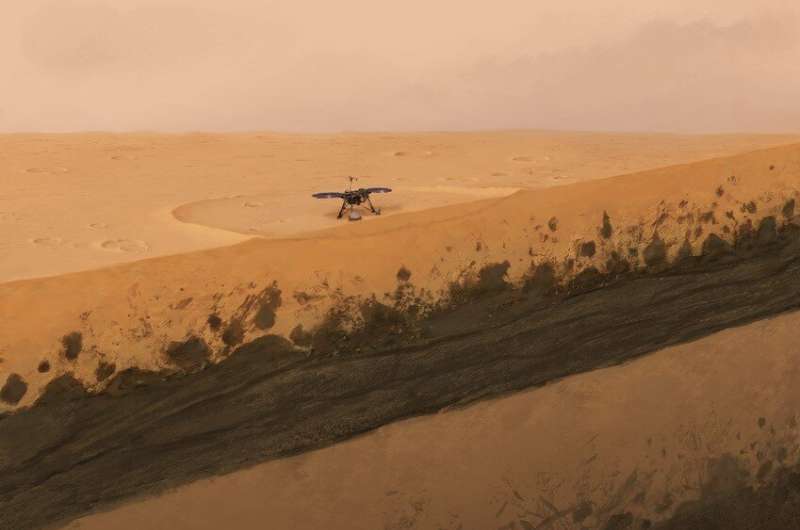
Astronomers discover more than 300 possible new exoplanets
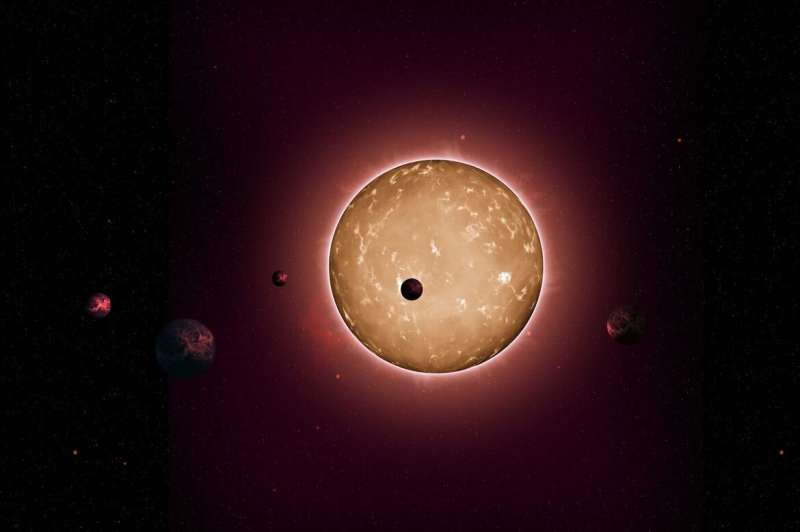
UCLA astronomers have identified 366 new exoplanets, thanks in large part to an algorithm developed by a UCLA postdoctoral scholar. Among their most noteworthy findings is a planetary system that comprises a star and at least two gas giant planets, each roughly the size of Saturn and located unusually close to one another.
The discoveries are described in a paper published today in the Astronomical Journal.
The term "exoplanets" is used to describe planets outside of our own solar system.
NASA launches spacecraft to kick an asteroid off course
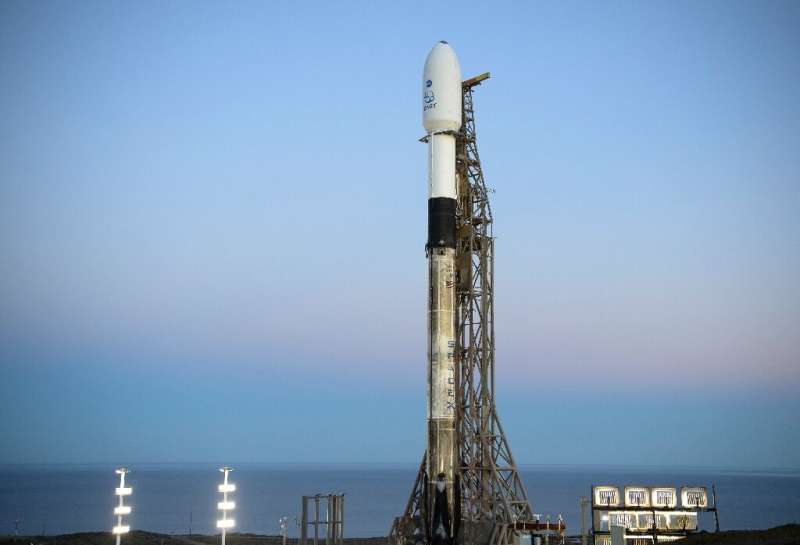
NASA is preparing to launch a mission to deliberately smash a spacecraft into an asteroid—a test run should humanity ever need to stop a giant space rock from wiping out life on Earth.
It may sound like the stuff of science fiction, but the DART (Double Asteroid Redirection Test) is a real proof-of-concept experiment, blasting off at 10:21 pm Pacific Time Tuesday (0621 GMT Wednesday) aboard a SpaceX rocket from Vandenberg Space Force Base in California.
Its target object: Dimorphos, a "moonlet" around 525 feet (160 meters, or two Statues of Liberty) wide, circling a much larger asteroid called Didymos (2,500 feet or 780 meters in diameter), which together orbit the Sun.
BlackSky set to expand its EO constellation for real-time global intelligence
 BlackSky's latest satellites reached orbit and delivered first insights within 14 hours of launch. The company's constellation growth signals a return to space and an increased capacity for global customers.
"Growing BlackSky's constellation and increasing our rapid-revisit monitoring capabilities is about more than just getting satellites into space," said Nick Merski, BlackSky chief oper
BlackSky's latest satellites reached orbit and delivered first insights within 14 hours of launch. The company's constellation growth signals a return to space and an increased capacity for global customers.
"Growing BlackSky's constellation and increasing our rapid-revisit monitoring capabilities is about more than just getting satellites into space," said Nick Merski, BlackSky chief oper Decisions from the ESA Intermediate Ministerial Meeting 2021
 Government ministers in charge of space activities in ESA's Member States today met at an Intermediate Ministerial Meeting held in Matosinhos, Portugal.
The Council of Ministers unanimously adopted a Resolution to accelerate the use of space in Europe (the "Matosinhos manifesto") to tackle the urgent and unprecedented societal, economic and security challenges faced by Europe and its citiz
Government ministers in charge of space activities in ESA's Member States today met at an Intermediate Ministerial Meeting held in Matosinhos, Portugal.
The Council of Ministers unanimously adopted a Resolution to accelerate the use of space in Europe (the "Matosinhos manifesto") to tackle the urgent and unprecedented societal, economic and security challenges faced by Europe and its citiz 











